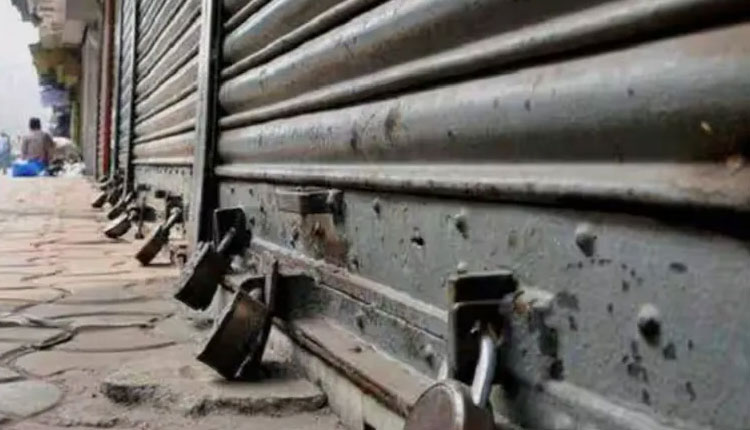New Delhi: Various organisations across the country have called for an ‘India bandh’ on August 21 in protest against the Supreme Court’s decision on the creamy layer within Scheduled Castes (SC) and Scheduled Tribes (ST) reservations. Several political parties, including the Bahujan Samaj Party (BSP), have expressed their support for the bandh.
The nationwide shutdown has raised questions about the Supreme Court’s recent ruling and the demands being made by Dalit organisations. The ruling in question allows state governments to sub-classify SC and ST reservations to provide specific quotas for more marginalised sub-groups within these communities, such as sewer cleaners and weavers, who remain more disadvantaged. The court clarified that such sub-classification is not a violation of Article 341 of the Constitution.
However, the court imposed conditions for implementing these quotas: no single caste within the SC category can be granted a 100% quota, and states must present robust data to justify the reallocation of reservations for any specific caste. The ruling followed petitions arguing that only certain castes within SC/ST communities have benefited from reservations, leaving others behind.
Dalit organisations, led by groups such as the BSP and the Bhim Army, are demanding that the Supreme Court withdraw or reconsider its decision. The bandh has gained traction across states like Rajasthan, Madhya Pradesh, Bihar, Jharkhand, and Chhattisgarh.
BSP supremo Mayawati and Bhim Army chief Chandrashekhar Azad have voiced their opposition to the court’s verdict. Mayawati urged all BSP workers to join the August 21 bandh peacefully and constitutionally under the party’s blue flag and elephant symbol, emphasising the need to raise awareness among Dalits, minorities, and marginalised communities.
What will remain closed during the India bandh?
The impact of the bandh is expected to vary across states. While no state government has officially issued guidelines, the police and administration are on high alert to maintain public safety. Public transport services may be disrupted, and some private offices could remain closed in affected regions. However, essential services, including hospitals and ambulances, will remain operational. Banks and government offices are likely to function as usual, as no directives have been issued for their closure.
As the country braces for the bandh, authorities are preparing for potential disruptions while ensuring that critical services remain accessible. The nationwide protest underscores the ongoing debate over reservations and social justice in India.



Comments are closed.